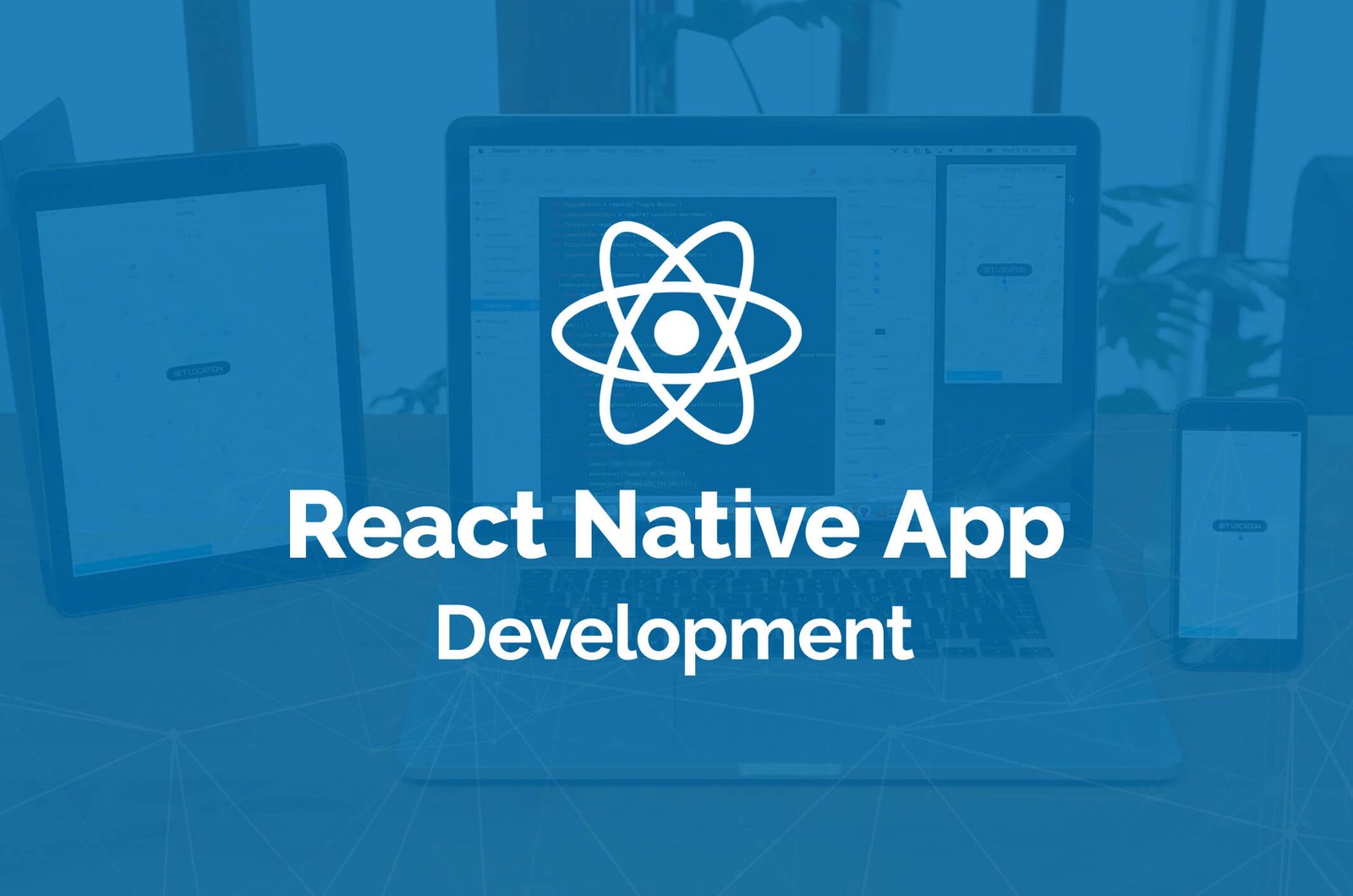When it comes to supporting medical-related work, technology plays a major role. One AI-powered tool in the healthcare industry is the AI doctor. This online tool gives patients answers regarding their health-related concerns in no time.
No doubt, the AI medical assistant offers lots of benefits, but it also has some limitations that you must be aware of before using it. So let’s read the blog as we have discussed the top limitations of the tool while dealing with complex medical cases!
The Role of Artificial Intelligence in Healthcare
Artificial intelligence speeds up the routine tasks in healthcare, such as:
- Analyz data quickly,
- Support in the decision-making process, and
- Many more.
Due to these capabilities, many hospitals now use AI-powered tools in their systems to manage patients’ records efficiently. The AI doctor tool also helps in answering the patient’s health related queries in simple language so that everyone, even those who have less technical knowledge, can easily use the tool. The tool assists health workers by giving them initial information based on the pre-fed data.
Limitations in Complex Medical Diagnoses
When a patient shows multiple symptoms or when a case presents unusual characteristics, the limitations of AI systems become clear. Here are some challenges that AI faces:
- Data Quality and Diversity:
AI systems depend on the quality and range of data available to them. They learn from historical records, which sometimes lack detailed information on rare conditions. In such cases, the accuracy of predictions can drop. An AI medical assistant often misses nuances in data that a human expert can notice through personal experience. - Lack of Contextual Understanding:
Complex cases require deep context and an understanding of individual patient backgrounds. A doctor AI chatbot processes information from the data it receives but fails to understand unique life situations and subtle cues that human doctors pick up during an in-person exam. This limitation reduces the value of the system in making complex decisions. - Interpretation of New Symptoms:
Medical knowledge continuously evolves with new research and discoveries. AI systems sometimes struggle with new or unknown symptoms because they base their work on existing data sets. When unusual symptoms appear, the system may misinterpret them or offer a generic explanation instead of a clear diagnosis. - Emotional and Ethical Aspects:
Complex diagnoses often involve difficult conversations and decisions. Human doctors provide empathy and consider ethical factors when recommending treatments. In contrast, an AI doctor, while useful in initial screening, does not fully grasp the emotional context behind a patient’s condition. This gap makes it hard for technology to take over roles that require human judgment and compassion.
The Supporting Role of AI Tools
Even with these limitations, tools like doctor AI continue to support healthcare providers in many ways. They help in managing large amounts of data and offer recommendations based on previous cases. In many settings, they serve as a first line of information that directs patients to seek proper care.
These systems allow doctors to spend more time on patient care instead of handling routine inquiries. They offer additional information that a doctor AI chat can relay quickly. However, when it comes to difficult diagnoses, medical experts step in to consider details and guide treatment.
Conclusion
Technology provides useful support in routine medical tasks. Systems like AI medical assistant helps quicken processes and free up time for health workers. Yet, when dealing with complex diagnoses, challenges such as limited data, lack of context, difficulty with new symptoms, and missing emotional insight restrict their ability to give accurate advice. An AI doctor appears in a few instances to offer support, but the value of human expertise remains clear. By combining technology with human judgment, healthcare finds a balanced approach that improves efficiency while ensuring compassionate and expert care.




